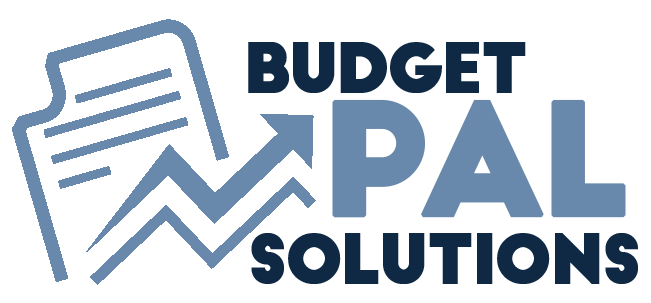At Budget Pal Solutions, we believe in responsible borrowing to avoid common debt traps. With our guidance and careful financial management, you can achieve your goals without unnecessary debt.
Let Budget Pal Solutions be your trusted partner in building a secure financial foundation!
Debt can be a useful tool for achieving financial goals, but it’s essential to borrow responsibly to avoid falling into common debt traps. In this blog post, we’ll discuss some tips for responsible borrowing to help you manage your finances wisely and avoid unnecessary debt.
Understand Your Financial Situation:
Before taking on any new debt, it’s crucial to understand your current financial situation. Take stock of your income, expenses, and existing debt obligations. Calculate your debt-to-income ratio to determine how much of your income goes towards debt repayment each month. This will give you a clear picture of how much additional debt you can afford to take on.
Set Realistic Borrowing Limits:
When considering taking on new debt, it’s essential to set realistic borrowing limits based on your financial situation. Don’t borrow more than you can comfortably afford to repay, and avoid maxing out your credit cards or taking on excessive loans. Set strict limits on the amount of debt you’re willing to take on and stick to them.
Shop Around for the Best Terms:
Before taking out a loan or applying for credit, shop around and compare offers from multiple lenders. Look for lenders that offer competitive interest rates, favorable repayment terms, and minimal fees. Don’t settle for the first offer you receive—take the time to explore your options and choose the best one for your needs.
Read the Fine Print:
Before signing any loan agreement or credit contract, carefully read the fine print and understand all the terms and conditions. Pay attention to interest rates, repayment schedules, fees, and penalties for late payments or early repayment. Make sure you fully understand your obligations as a borrower before committing to any loan or credit agreement.
Avoid Payday Loans and High-Interest Credit Cards:
Payday loans and high-interest credit cards can be extremely expensive forms of borrowing and should be avoided whenever possible. These types of loans often come with exorbitant interest rates and fees, making them difficult to repay and trapping borrowers in a cycle of debt. Explore alternative borrowing options, such as personal loans or low-interest credit cards, before resorting to payday loans or high-interest credit cards.
Use Credit Wisely:
Credit can be a valuable financial tool when used responsibly, but it’s essential to use it wisely to avoid excessive debt. Only use credit for essential purchases or emergencies, and avoid using it for frivolous expenses or impulse buys. Pay your credit card balances in full and on time each month to avoid accruing interest and late fees.
Create an Emergency Fund:
One of the best ways to avoid falling into debt traps is to build an emergency fund to cover unexpected expenses. Aim to save at least three to six months’ worth of living expenses in an easily accessible savings account. Having an emergency fund can help you avoid relying on credit cards or loans to cover unexpected costs and provide financial peace of mind.

